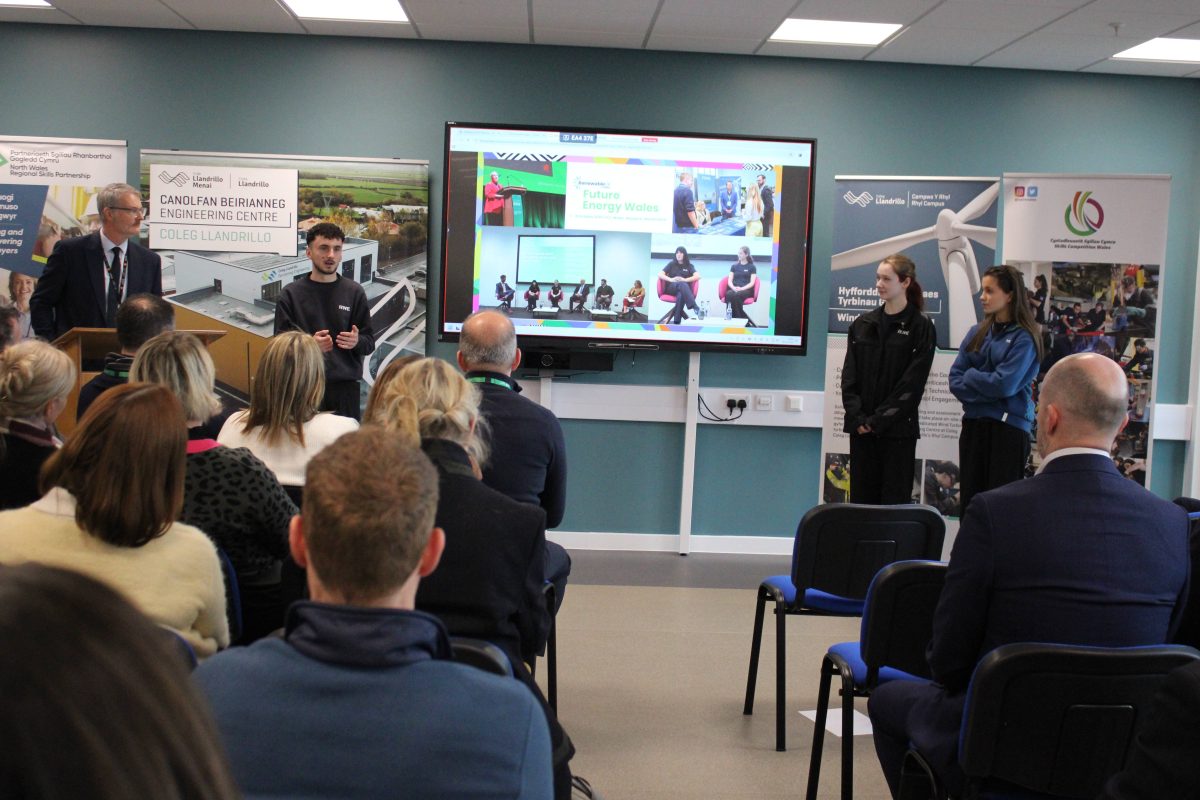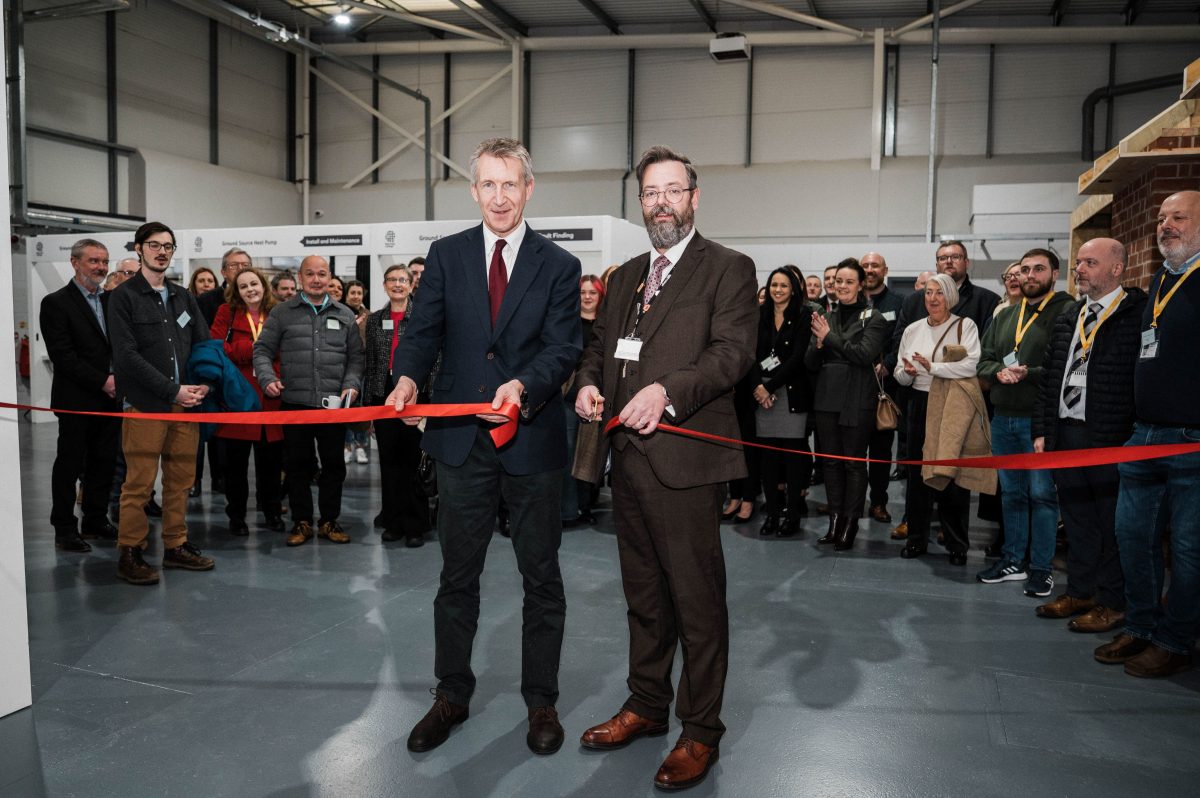Class of 2020 graduate Calibre’s leadership course for staff with disabilities

@ImperialCollege’s Calibre Disabled Leaders 2020 cohort celebrated graduation from the talent development programme during #DisabilityHistoryMonth
The Calibre Disabled Leaders Programme has been designed to address the unique challenges faced by staff with disabilities in higher education, helping them to gain leadership skills so that they can thrive in a variety of positions. While the programme took a little longer this year due to moving online, the eight-strong cohort recently graduated at an online ceremony.
Below we talk to two of this year’s participants, who share their reasons for taking part in Calibre and how they feel it has benefited them and their careers at Imperial.
Calibre gave me the confidence to confide in my manager
 John Field, Fire Safety Manager, Estates Division:
John Field, Fire Safety Manager, Estates Division:
“I signed up for Calibre for a few reasons. Firstly, I think it’s always worth taking up any training opportunities that are available – you can never have enough tools in your toolbox. And also, as a manager I wanted to try the programme for myself before I considered recommending it to any of my staff. I have anxiety and depression, largely brought on by significant changes in my personal life, and I wondered if the programme could help me.
The sessions that we had together were incredible, not just for what we learnt, but also because the group was a safe space for people to share their stories and experiences. I learnt a lot hearing from other people, and being able to share my own story gave me confidence and encouragement.
Being a part of Calibre gave me the confidence to confide in my manager about the issues I was experiencing, and I was able to get the support that I needed.
I have done EDI training in the past, but I would recommend that all managers take the Calibre course as it will give you the best possible insight into what obstacles staff with disabilities face in the workplace. It supplies you with the tools with which to help and support staff members appropriately; I feel that I can better understand the issues people can face and communicate better with people.
I learned that I was not in isolation
Dez Mendoza, Library Assistant, Library Services:
“I started at Imperial in March 2019 and in January of this year I was still in an extended probation period as issues around receiving appropriate support for my disabilities had impeded my progression. I decided to take part in Calibre to understand the barriers that seemed to be in my way.
At the time I was still awaiting an official autism diagnosis, and although I had disclosed that I had disabilities when I joined the College, there was little awareness about how this might impact my work.
Probationers are in a precarious position of not yet having a permanent (or fixed term) contract, and therefore it can be difficult to address these barriers – there is also a fine line between what is private medical information and information you might choose to make public; the agency must always remain with the disabled person regarding when, or to whom they choose to disclose.
Through Calibre, I learnt about the social and medical models of disability, how I’m supported by the law, and what I should be asking for to support me at work. I also learned that I was not in isolation – it was extremely helpful to have people that I could relate to and who had experienced similar situations.
The probation procedures and assessment criteria can inhibit disabled or neurodivergent people, as these tend to be based on a neuro-normative framework. Environmental factors can also create barriers, particularly in relation to Sensory Processing Sensitivities which may affect people with autism.
For my Calibre project, I used my personal experience of the probation process as a case study, reflecting on what can be learned to ensure that neurodivergent staff are supported appropriately in a way which engenders excellent performance. I considered how using the social model of disability and empowering a neurodivergent employee by developing their leadership skills, can influence a positive outcome for all.”











Responses